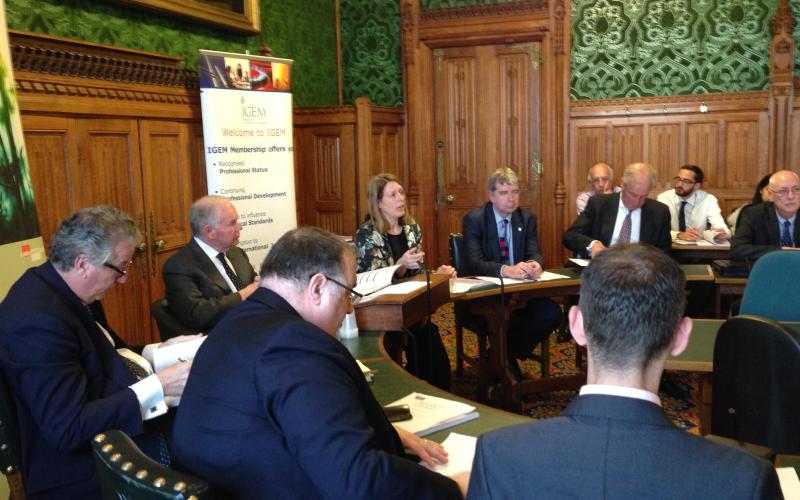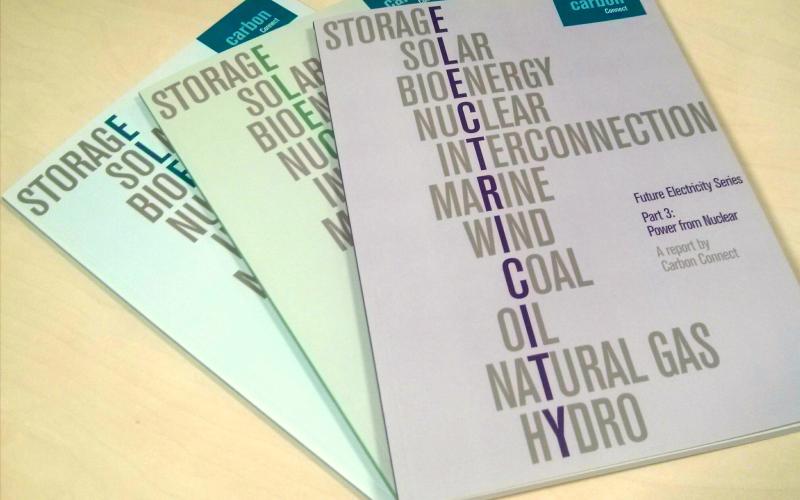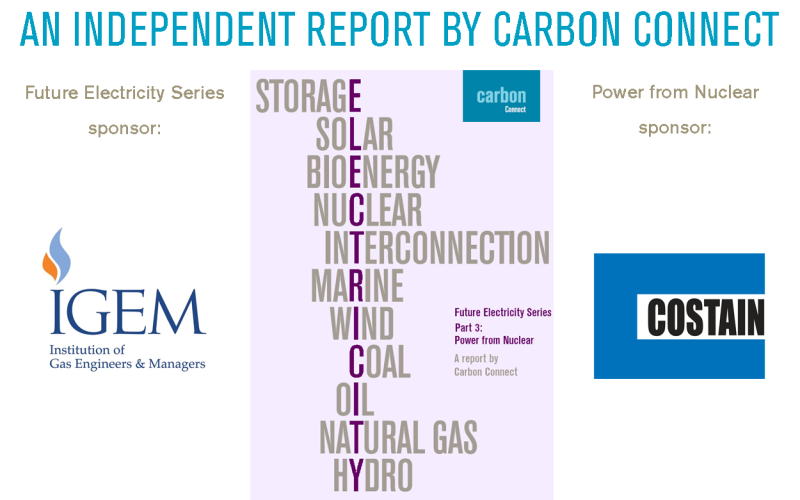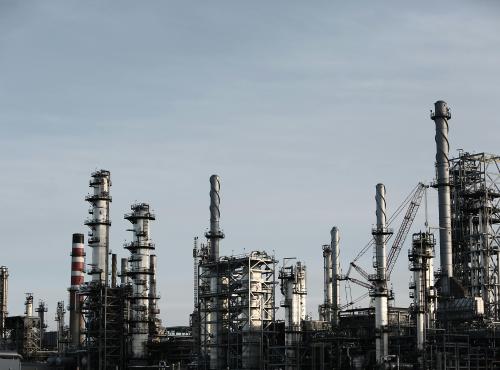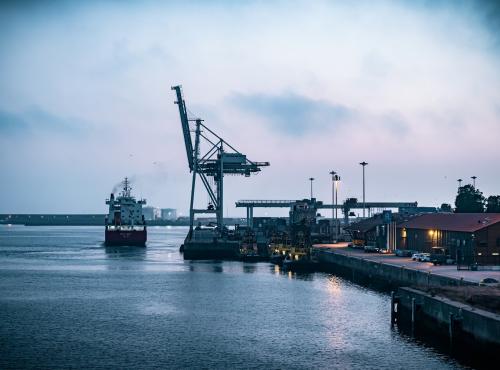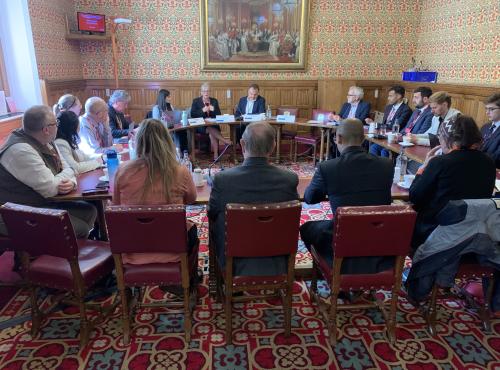Report: Future Electricity Series Part 3 - Power from Nuclear
Power from Nuclear outlines the important role that nuclear could play in the UK’s transition to a low carbon electricity supply over coming decades, and is the final of three reports in Carbon Connect’s Future Electricity Series, which examines what role fossil fuels, renewables and nuclear can play in providing secure, sustainable and affordable electricity in the UK.
- Download the report
- Updated analysis and EDF response
- Report launch
- Part 1: Power from Fossil Fuels
- Part 2: Power from Renewables
